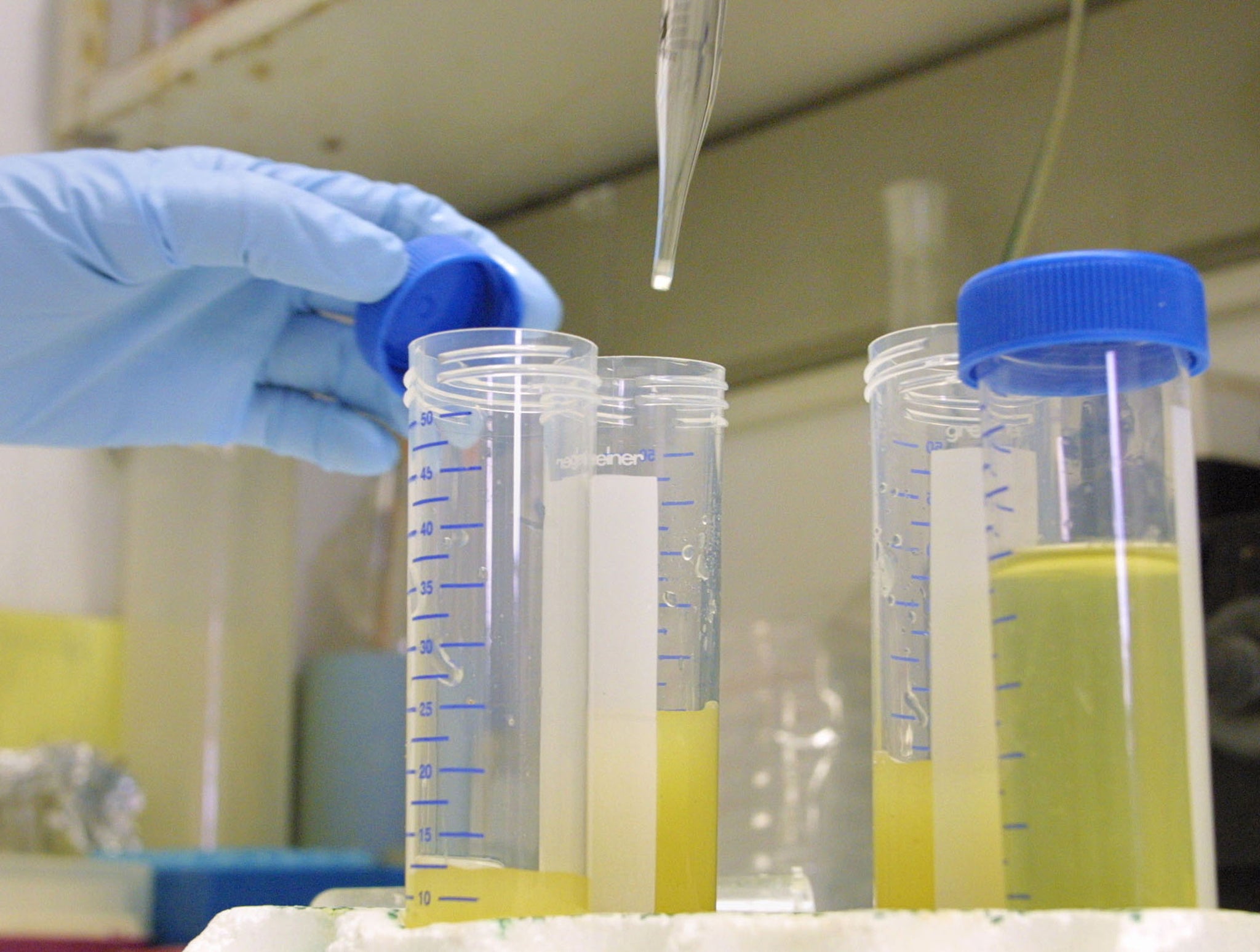New app for testing your urine launches (and it doesn't involve dropping your smartphone down the loo)

Your support helps us to tell the story
From reproductive rights to climate change to Big Tech, The Independent is on the ground when the story is developing. Whether it's investigating the financials of Elon Musk's pro-Trump PAC or producing our latest documentary, 'The A Word', which shines a light on the American women fighting for reproductive rights, we know how important it is to parse out the facts from the messaging.
At such a critical moment in US history, we need reporters on the ground. Your donation allows us to keep sending journalists to speak to both sides of the story.
The Independent is trusted by Americans across the entire political spectrum. And unlike many other quality news outlets, we choose not to lock Americans out of our reporting and analysis with paywalls. We believe quality journalism should be available to everyone, paid for by those who can afford it.
Your support makes all the difference.Hypochondriacs rejoice. A new app that can analyse urine and check for medical conditions will be available to download from March.
Dubbed uChek, it is the brainchild of tech genius Myshkin Ingawale, who unveiled it at this week's TED conference in Los Angeles. As he explains: “Everyone pees and everybody carries a smartphone. We figured we had to be able to do something with this.”
In case you were wondering, it doesn’t involve peeing on your smartphone, nor dropping it down the loo; you simply dip a standard testing strip into your urine and take a photograph of the results. The app then analyses the test strips’ colour chart to establish whether you have a range of conditions including diabetes, urinary tract infections, liver problems and cancers. For the more anxious among us, it provides an opportunity for obsessive whizz monitoring, but in the developing world it could mean cheap, fast and accurate medical testing for millions.
It is not the first time smartphone apps have been developed for the purpose of providing accessible healthcare. AgaMatrix, who produce products to help improve the quality of life for diabetes sufferers, created an app that works in conjunction with a blood glucose meter you can plug into your iPhone.
Similarly, the Lifelen Project created a rapid diagnostic test for malaria which works using an Android phone and a microscopic lens attachment. It can photograph blood samples, make a diagnosis by counting cells and uses GPS to help track outbreaks of the disease. The fact the app can be used by anyone who can use a basic smartphone means it can help make diagnoses in places health professionals may find hard to reach.
Also, this year America’s Food and Drink Administration, gave clearance for sale of a heart monitoring app, AliveCor, which uses a snap on phone case that monitors your heart and communicates wirelessly with your iPhone.
It won’t be long before the phrase: “better phone the doctor”, takes on a whole new meaning.
Join our commenting forum
Join thought-provoking conversations, follow other Independent readers and see their replies
Comments